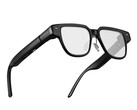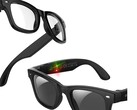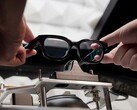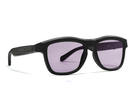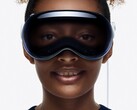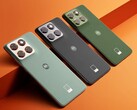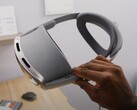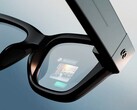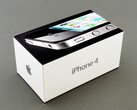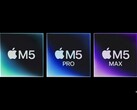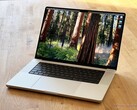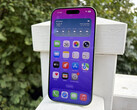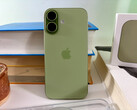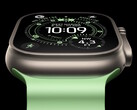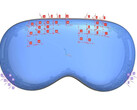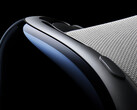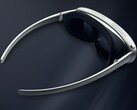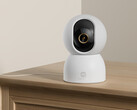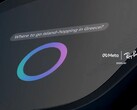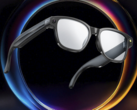Apple is reportedly making a big resource allocation change, pausing work on a planned cheaper overhaul of its Vision Pro headset to accelerate the development of AI-centric smart glasses. This internal strategic pivot seems to respond to a market reality marked by the good reception that products like the Meta Ray-Ban smart glasses are having.
As reported by Bloomberg, the immediate change involves diverting staff from the planned Vision Pro cheaper redesign (code-named N100, originally set for a 2027 release) toward the smart glasses division.
Apple reportedly pauses Vision Pro headset overhaul to focus on AI smart glasses
According to the report, Apple is currently pursuing two distinct eyewear products, each serving a different purpose and timeline.
The first model, dubbed N50, will function as a companion device, relying on a connected iPhone for processing and lacking a display. The company aims to unveil this model as soon as next year, with a potential market release planned for 2027.
Simultaneously, Apple is pushing the timeline for a more advanced version that integrates its own display. Initially planned for 2028, the company is reportedly accelerating the development of this model to compete with display-equipped smart glasses recently entering the market.
Apple's AI and Siri as main interface
This reprioritization follows the subdued consumer launch of the original Vision Pro headset. Executives have reportedly viewed the $3,499 device as overengineered, heavy, and too expensive for broad adoption. Apple has since shifted its marketing of the headset toward business and enterprise sectors.
The future success of the new glasses will rely heavily on the company's artificial intelligence capabilities. The devices are expected to use Apple Intelligence and an advanced, rebuilt Siri assistant—scheduled for release in early March—as the primary interface. The eyewear itself will incorporate a proprietary chip, cameras for media capture, and voice-control functionality, establishing glasses as Apple’s next major hardware category.






